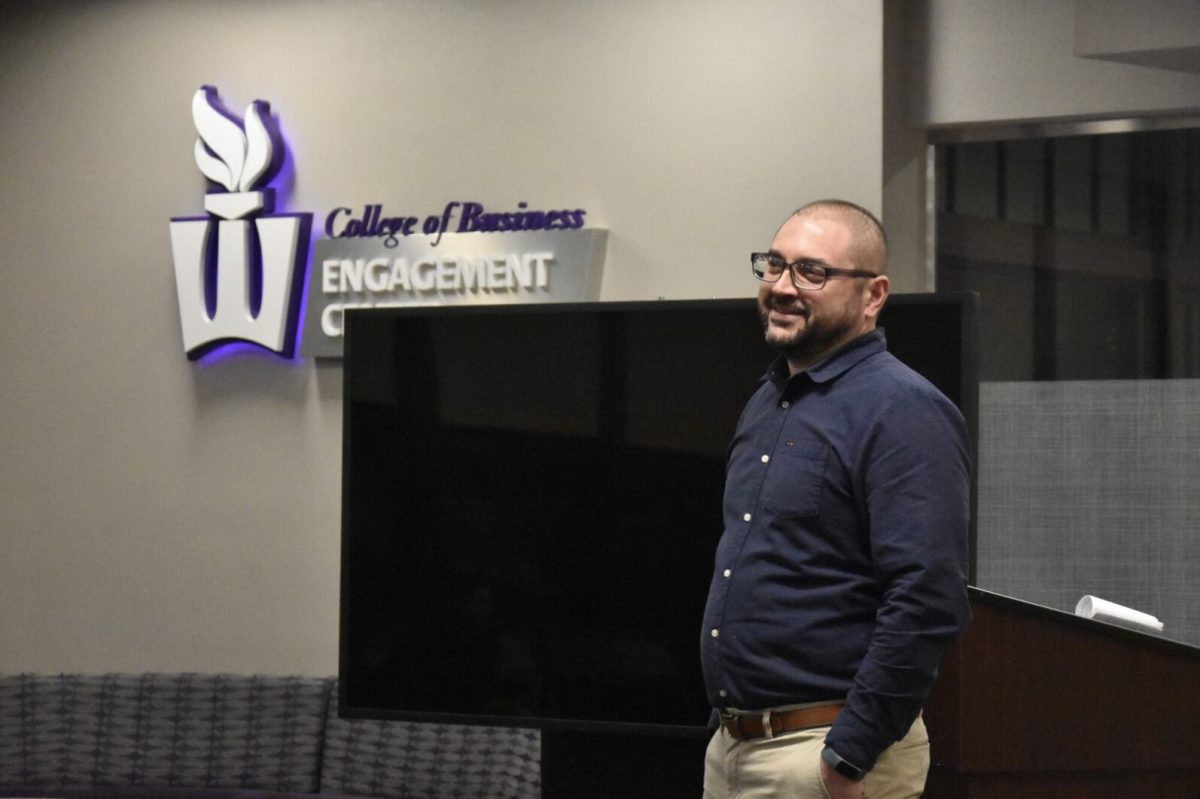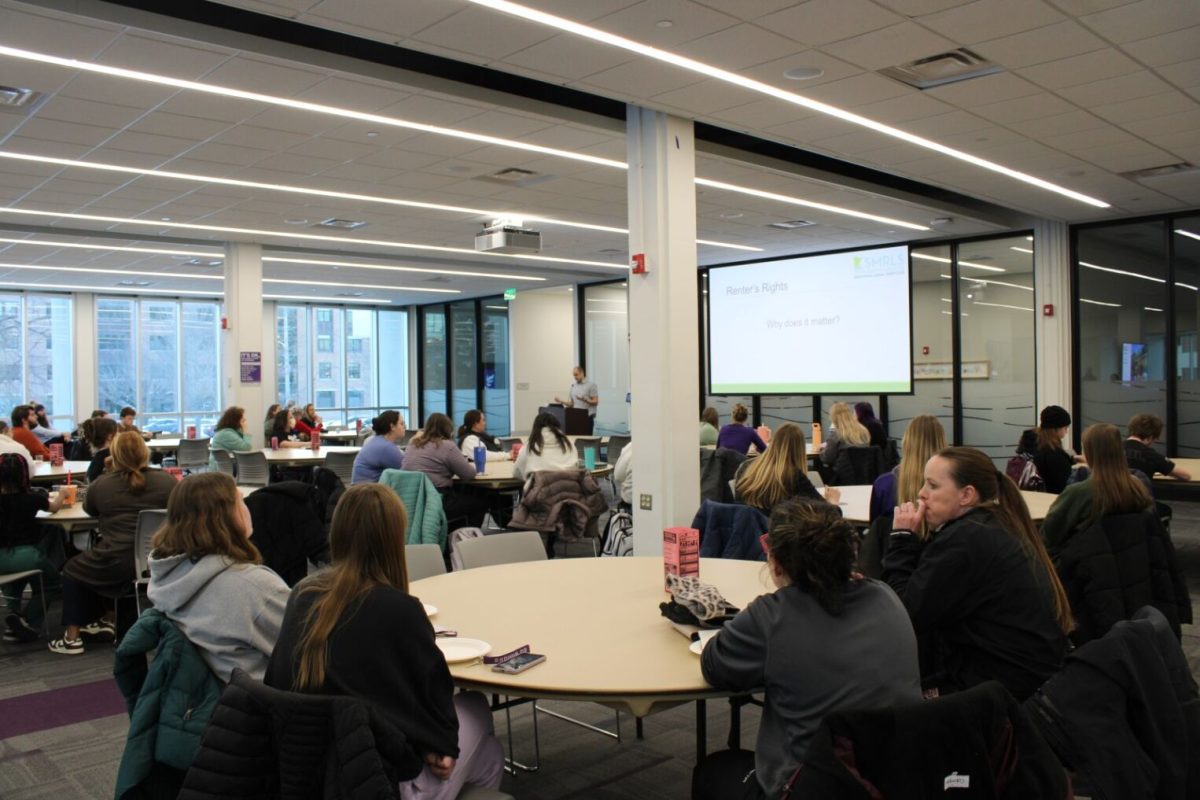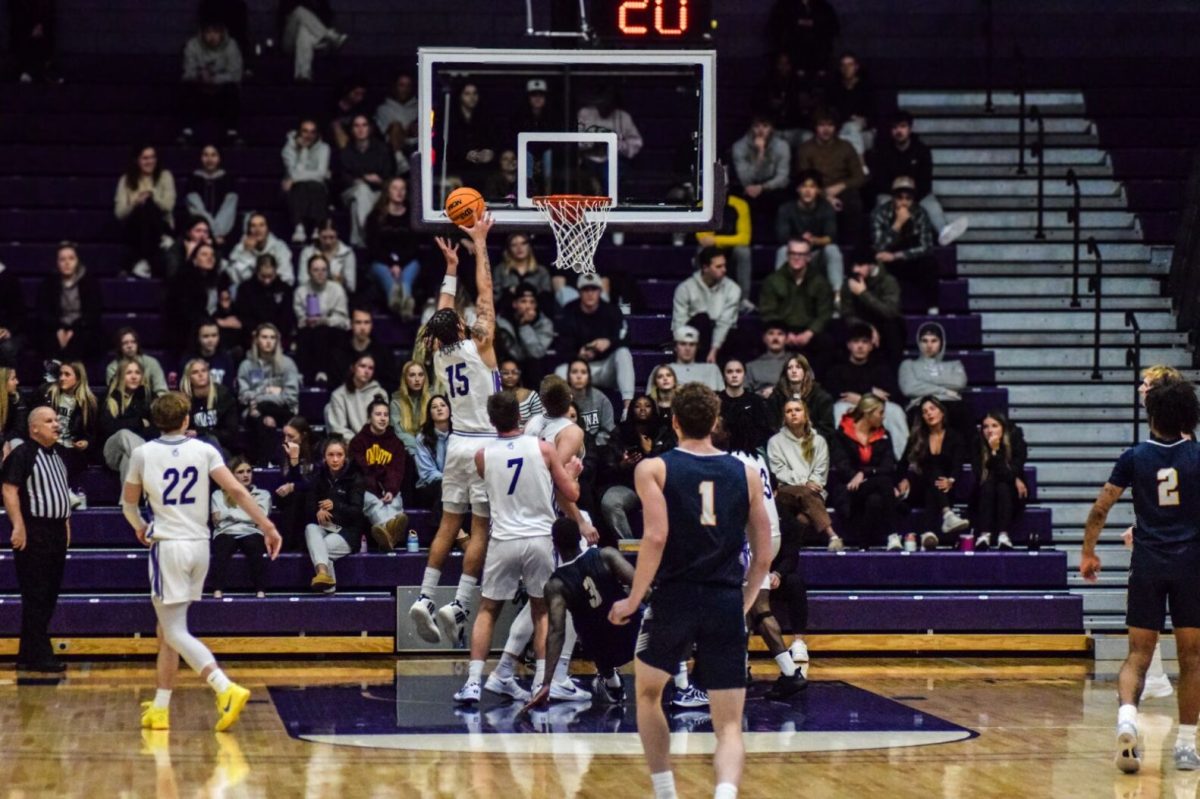From instances of tenured professors not respecting students’ gender and pronouns in class to misogyny to even saying a racial slur that left all students uncomfortable in the classroom. Students have told the Winona State faculty about these instances, but the student body has yet to see any changes in conduct or behavior. This has left students wondering if tenure is just job security or if it functions as a bullet proof vest that allows tenured professors to get away with more than non-tenured professors.
The Inter Faculty Organization (IFO) master agreement has outlined what is necessary for a professor to become tenured. The IFO says that there are stipulations to a professor being awarded tenure and part of those stipulations are behavior and conduct in the classroom based. The IFO states, “the faculty member must demonstrate a record of positive performance and professionally competent achievement over the duration of the probationary period that is consistent with the goals and objectives of the university/college/department/program…”
The process to become tenured is not an easy one as it includes a probationary period of one to five years, requires several recommendations and more. However, after becoming tenured it becomes much harder for a professor to be terminated from their position. This can be both a positive and negative thing because while it provides job security, a tenured professor cannot be fired without a “just cause,” which is defined loosely by the IFO as “must be reasons for disciplinary action and that the action taken must be commensurate with the severity of the offense.” However loose the definition of “just cause” may be, Winona State still intends to discipline professors, tenure or not, on a fair and just basis for all involved parties.
“It is possible for any employee to be subject to discipline, up to and including termination from employment,” Lori Reed, the chief human resources officer at Winona State said. “When concerns are raised about an individual’s behavior, the university handles the matter with sensitivity to all involved.”
Even with disciplinary actions happening against tenured professors at Winona State, many students have found that the actions taken in regard to tenured professors have not been enough.
Makenna Sommer, a fifth-year Communications, Arts and Literature Teaching major at Winona State has seen and experienced the ups and downs of tenured professors.
“There are professors that are tenured that are really good. They’re great professors. They don’t abuse the system because, yes, they are very well aware that they have job security with that and it’s very hard to fire a tenured professor, but some of them use it to their advantage and they can kind of get away with that.” Sommer said.
While not all tenured professors are abusing the system that is in place, it seems to be enough to raise concern amongst students. Having several tenured professors that have not gotten the disciplinary actions that would seem proportional for their classroom conduct, it leaves students wondering if they are getting discipline action at all.
“You can say and do whatever you want essentially, and sure you can get a slap on the wrist for it, but you won’t be fired, whereas if someone who was non tenured did that, they would most likely be fired.” Jayde Yeates, fourth year Communications, Arts, and Literature Teaching major said.
At the end of every semester, students do anonymous course evaluations for their professors. The reason for doing this would be so students can, without fear of being looked at differently, say their honest thoughts on both the course and the professor. There have been instances where students have written their honest thoughts on the conduct of a tenured professor, but even so it seems as though the professor didn’t get discipline despite students airing their concerns out through the course evaluations.
“I feel like they take our course evals and they’re like ‘okay, looks good’ and they don’t do anything. Because if they were to actually look into our course evals, we wouldn’t have certain professors here.” Sommer said.
Besides course evaluations, students are not given another chance to anonymously state their opinions on a professor’s actions. Students are able to go the dean of the college that the professor is a part of and talk about their concerns, but most students don’t know that the Dean of the College is someone to go to with their concerns.
DJ Moore, a fourth year Communications, Arts, and Literature Teaching major at Winona State doesn’t think students are informed well enough that there is someone to go to with their concerns at all.
“I feel like they need to make it more clear that you can go to someone to report when these things happen because a lot of people don’t know that, or a lot of people don’t know who to go to.”
Even if students did know who to go to with their concerns outside of course evaluations, it’s hard for it to feel worth it when there are no evident changes happening in a tenured professor’s behavior.
“As the students, we have come forward multiple times, and I think that it’s really on the administration. We’ve raised our voice, we just have nowhere to put it or no one that will really listen,” Moore said. “And actually, a lot of the professors here are really good at listening when we do have concerns about their colleagues, they do listen, but we can’t just go to another professor.”
Tenure is important and necessary for many within an academic institution, however, it’s hard to trust an academic institution to discipline tenured professors properly when there is rarely a change in conduct seen.
Overall, tenure doesn’t have to be a bad thing. Job security is important, especially in the teaching profession, and many of the tenured professors at Winona State deserve their tenure and then some. The issue many students take with tenure is that it feels like an insurmountable obstacle to get over when a professor is not conducting themselves well toward students or while in their classroom.







































